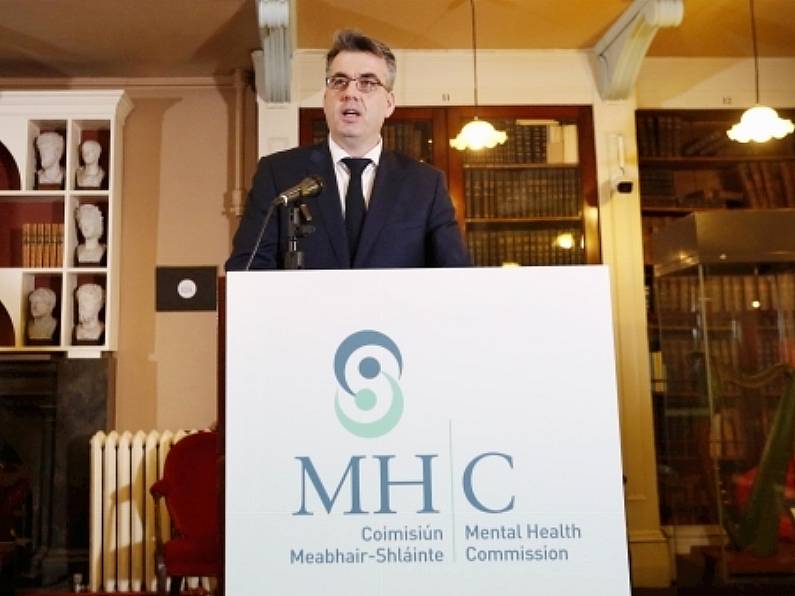Many residents in mental health facilities are living in cramped and dirty rooms, with the unsuitable conditions a result of “years of neglect”, according to a report by the Mental Health Commission.
The report, published on Thursday, says the majority of residential psychiatric centres inspected since 2017 had failed to comply with regulations covering required standards for premises.
Dr Susan Finnerty, inspector of mental health services, said many psychiatric facilities had cramped multiple-occupancy bedrooms, limited outdoor spaces and small sitting rooms.
In 2017, three quarters of centres inspected by the commission were deemed non-compliant with standards governing physical premises. This had decreased slightly to 69 per cent of facilities inspected in 2019, the report found.
Some 27 per cent of residential mental health facilities in 2019 were deemed unclean, the report stated.
Mental Health Commission chief executive John Farrelly said it was “unacceptable” that nearly a third of facilities were found to be dirty.
“Building new units, or significantly altering the design of existing units, may take time but ensuring that they are clean and well-maintained can and should be happening now. That we are still finding dirty rooms and ordering deep cleans is simply not good enough,” he said.
Loneliness
Meanwhile, an all-island webinar will today discuss loneliness as an emerging public health challenge.
Over 1,000 people involved in public health, community services and research on the island of Ireland – North and South – will join the Institute of Public Health’s webinar focused on the impact of Covid-19 on loneliness.
The webinar will hear from leading experts and community organisations on emerging evidence, policy considerations and challenges faced on the ground.
The event will be opened by Mary Butler TD, the Minister of State with responsibility for Mental Health and Older People, and Prof Siobhan O’Neill, the mental health champion for Northern Ireland.
Evidence shows loneliness is a significant issue for population health, as people who experience loneliness have a poorer overall quality of life and physical and mental health.
Prof Roger O’Sullivan, from the Institute of Public Health, says taking a public health approach can help tackle the root causes of loneliness.
He said: “Our understanding and approach to loneliness is often stereotypical. The reality is that some people with lots of friends can still feel lonely and those who live alone may not. Early evidence shows that younger people are disproportionately impacted by loneliness during the pandemic.
“Although loneliness is a very personal experience, addressing loneliness is not simply a matter for individuals but is also an issue for public health and society as a whole.”












